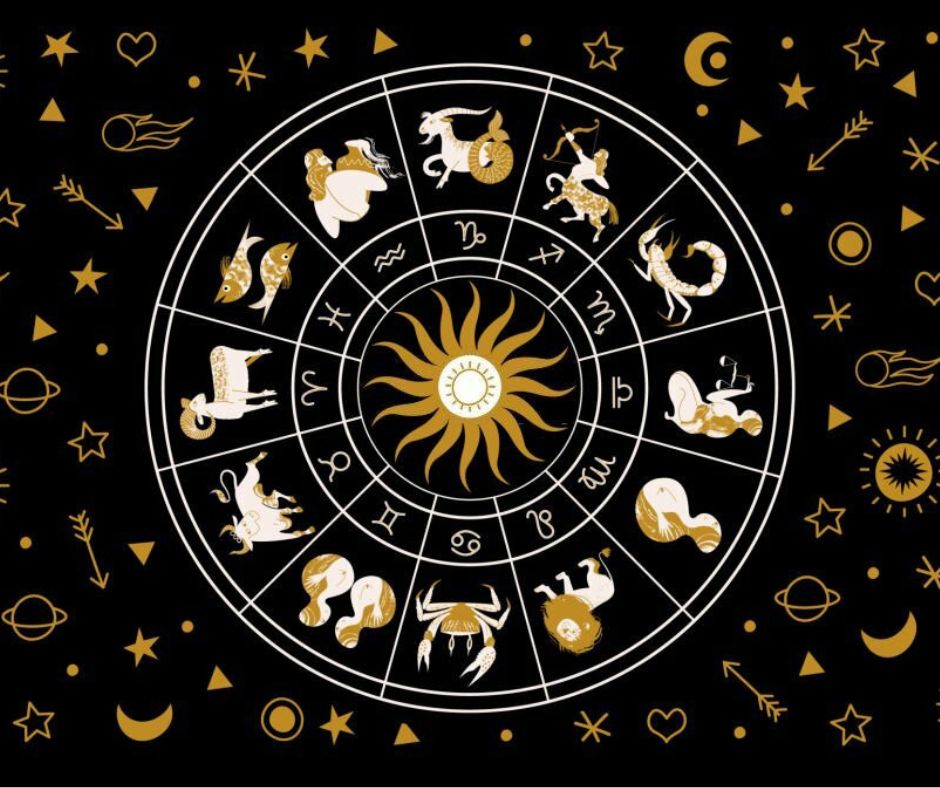
Astrology offers a fascinating lens through which to understand the dynamics of human relationships. By examining the birth charts of individuals involved, astrology provides valuable insights into personality traits, emotional needs, communication styles, and potential areas of conflict. While relationships are complex and multifaceted, astrology can help illuminate the unique strengths and challenges within each connection. By using the celestial map as a tool for self-awareness and empathy, individuals can Vedic Astrology birth chart their relationships and foster deeper connections.
The foundation of any relationship is communication, and astrology can offer key insights into how different zodiac signs communicate. Mercury, the planet of communication, plays a crucial role in understanding how individuals express themselves and process information. For example, a person with Mercury in Gemini may be naturally talkative and enjoy lively conversations, while someone with Mercury in Taurus might prefer slower, more deliberate communication. Recognizing these differences can help partners avoid misunderstandings and create a more harmonious exchange of ideas. By learning how to adapt to each other’s communication styles, couples can strengthen their connection and enhance their ability to express their needs and desires.
In addition to communication, emotional compatibility is essential for a healthy relationship, and the Moon sign reveals much about emotional needs and responses. The Moon governs our inner world, influencing how we seek comfort, security, and nurture. For instance, someone with a Cancer Moon might need emotional closeness and reassurance in a relationship, while an Aquarius Moon may crave independence and intellectual stimulation. Understanding your partner’s Moon sign can help you recognize their emotional needs, allowing you to offer the right kind of support and affection. Similarly, knowing your own Moon sign helps you express your own emotional requirements, making it easier to navigate intimacy and vulnerability.
The Venus placement in a birth chart reveals how an individual expresses love, affection, and what they value in relationships. Venus governs romance, attraction, and how we relate to others on a deep, emotional level. For example, a Venus in Leo person might express love through grand gestures, attention, and admiration, while a Venus in Virgo may show affection through acts of service or practical support. By recognizing the Venus placements of both yourself and your partner, you can better understand what makes each other feel loved and appreciated. This knowledge can guide you in creating a nurturing and fulfilling relationship where both partners feel valued in the ways that resonate with them.
On the other hand, Mars represents passion, drive, and how we assert ourselves in relationships. Mars governs our sexual energy, desires, and the way we deal with conflict. For instance, someone with Mars in Aries may be direct, passionate, and quick to act, while someone with Mars in Libra may seek harmony and balance, preferring to avoid confrontation. Understanding how Mars influences your and your partner’s behavior can be incredibly helpful in navigating areas of tension, particularly when it comes to conflict resolution or expressing desire. Knowing when to give space, when to confront issues head-on, and how to keep the passion alive can lead to a more balanced and rewarding relationship.
Astrology also provides insight into long-term compatibility through synastry, which is the comparison of two individuals’ birth charts. By examining how the planets interact between two charts, astrologers can determine how well-suited two people are to one another in various aspects of their relationship. For instance, harmonious aspects between the Sun and Moon signs may indicate a strong emotional connection, while challenging aspects between Venus and Mars could suggest struggles with attraction or intimacy. Understanding these dynamics helps partners anticipate challenges and capitalize on their natural compatibility. It encourages a proactive approach to relationship growth, where individuals can address potential issues before they escalate and appreciate the strengths that make their connection unique.
Ultimately, astrology offers a framework for self-awareness, empathy, and understanding within relationships. By studying the key planetary placements—such as Mercury, Venus, Mars, and the Moon—partners can navigate their differences, improve their communication, and deepen their emotional connection. Whether you’re in a romantic partnership, a friendship, or a family relationship, astrology serves as a valuable tool to enhance understanding, resolve conflicts, and build stronger, more fulfilling connections. By aligning with the energies of the stars, individuals can create relationships that are not only more harmonious but also more authentic and satisfying.
4o mini